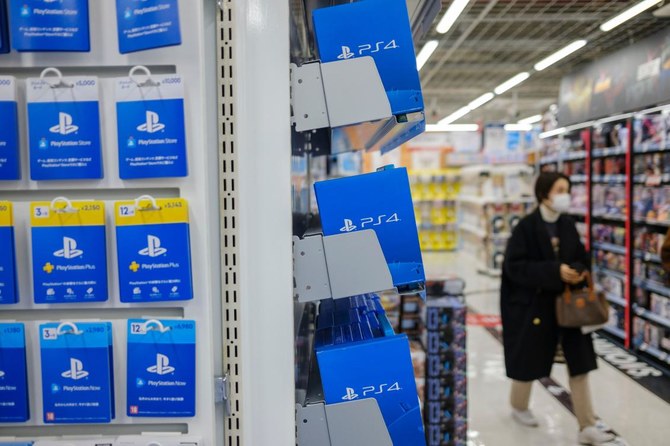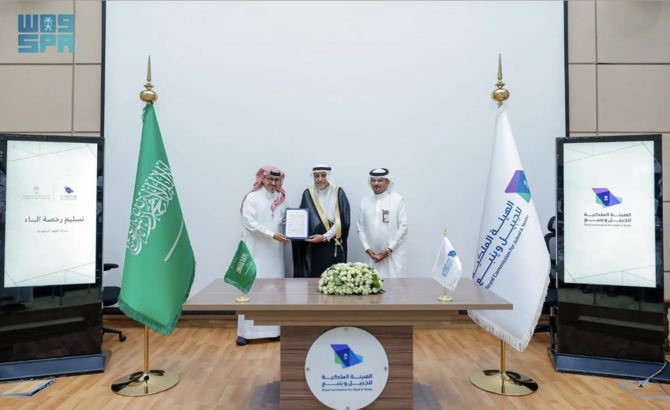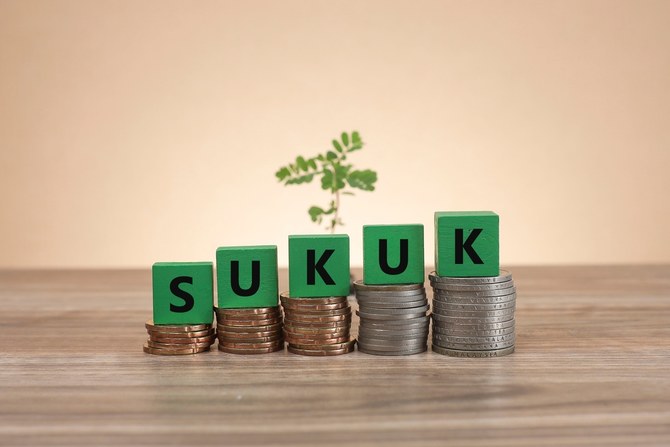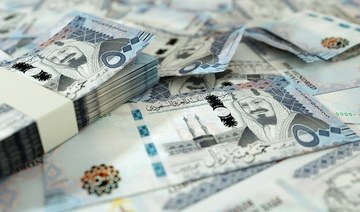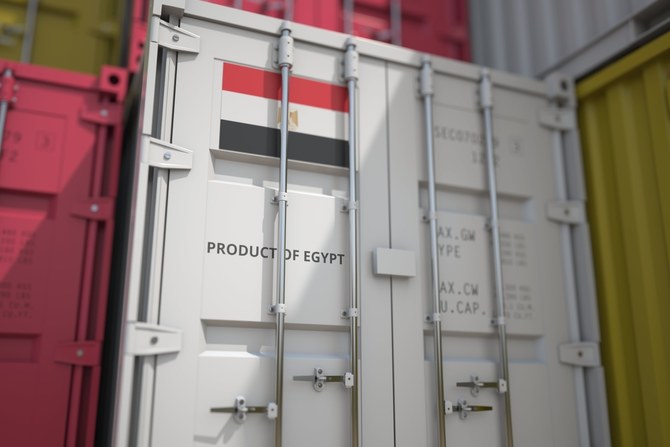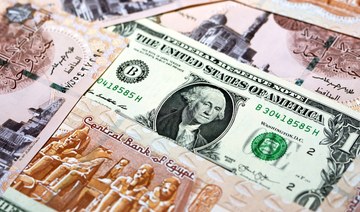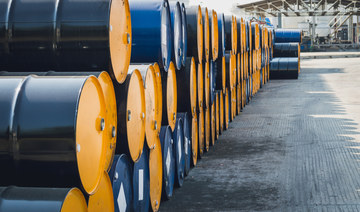TOKYO: Sony said Wednesday it expects a record net profit this financial year as fresh virus lockdowns continue to boost demand for games and consoles, including the recently released PlayStation 5.
Although the pandemic has hit many industries hard, the gaming sector has been one of the few to experience an unprecedented boom, with people seeking entertainment at home during successive rounds of restrictions.
The Japanese tech giant said net profit jumped 87 percent in April-December from the same period earlier, to 1.1 trillion yen ($10 billion).
The firm revised upwards its full-year sales and profits forecasts on the back of “higher-than-expected sales in all segments except for the pictures (movies) segment,” it said.
PlayStation 5 sales reached 4.5 million units by the end of December, the company said, but pandemic-related supply problems have left many would-be customers empty-handed.
The demand has led to chaotic scenes at electronics stores when supplies do become available.
“We are so far on course to reach our planned sales target... for the current fiscal year, but we are not fully meeting strong demand from our customers,” said chief financial officer Hiroki Totoki.
“It is quite hard for us to expand our production capacity due to the impact of the global shortage of semiconductors. We will do our best to bring as many units as possible to customers waiting for the PS5.”
Sony’s full-year sales are now projected at 8.8 trillion yen, up from 8.5 trillion yen forecast in October.
The firm, which also revised its annual forecasts up last quarter, hiked net profit outlook to a record 1.1 trillion yen for the fiscal year to March, from an earlier estimate of 800 billion yen.
The much-anticipated PlayStation 5 console hit shelves in mid-November, kicking off a head-to-head battle for holiday sales with the new Xbox from US rival Microsoft.
Sony expects to sell 7.6 million units by the end of March, hoping to beat the performance of the PlayStation 4 — a goal analysts said it was on track to meet.
“PS5 got off to a steady start in general, selling well in accordance with its plan,” said Hideki Yasuda, an analyst at Ace Research Institute in Tokyo.
“Initial shipping and marketing costs squeezed its earnings in the third quarter, but we should not be pessimistic so far,” Yasuda told AFP.
As well as sales in the gaming sector, Sony’s strong earnings were driven by strong demand for imaging sensors — key parts for cameras in phones including models made by Apple and Huawei.
Sony’s animation unit Aniplex also scored a box-office triumph with the anime epic “Demon Slayer,” which in December became Japan’s top-grossing film of all time.
“Although the film’s contribution to such a huge company was limited, it helped boost Sony’s brand image,” Yasuda said, as the firm seeks to broaden its entertainment offering.
But it was not all smooth sailing, with Sony opting to pull the much-hyped Cyberpunk 2077 game from PlayStation stores in December after a flood of complaints over bugs and compatibility issues.
Sony shares, hovering around two-decade highs, have soared some 40 percent over the past 12 months and closed at 10,635 yen, up 1.62 percent, as the firm released the results just after the closing bell.



